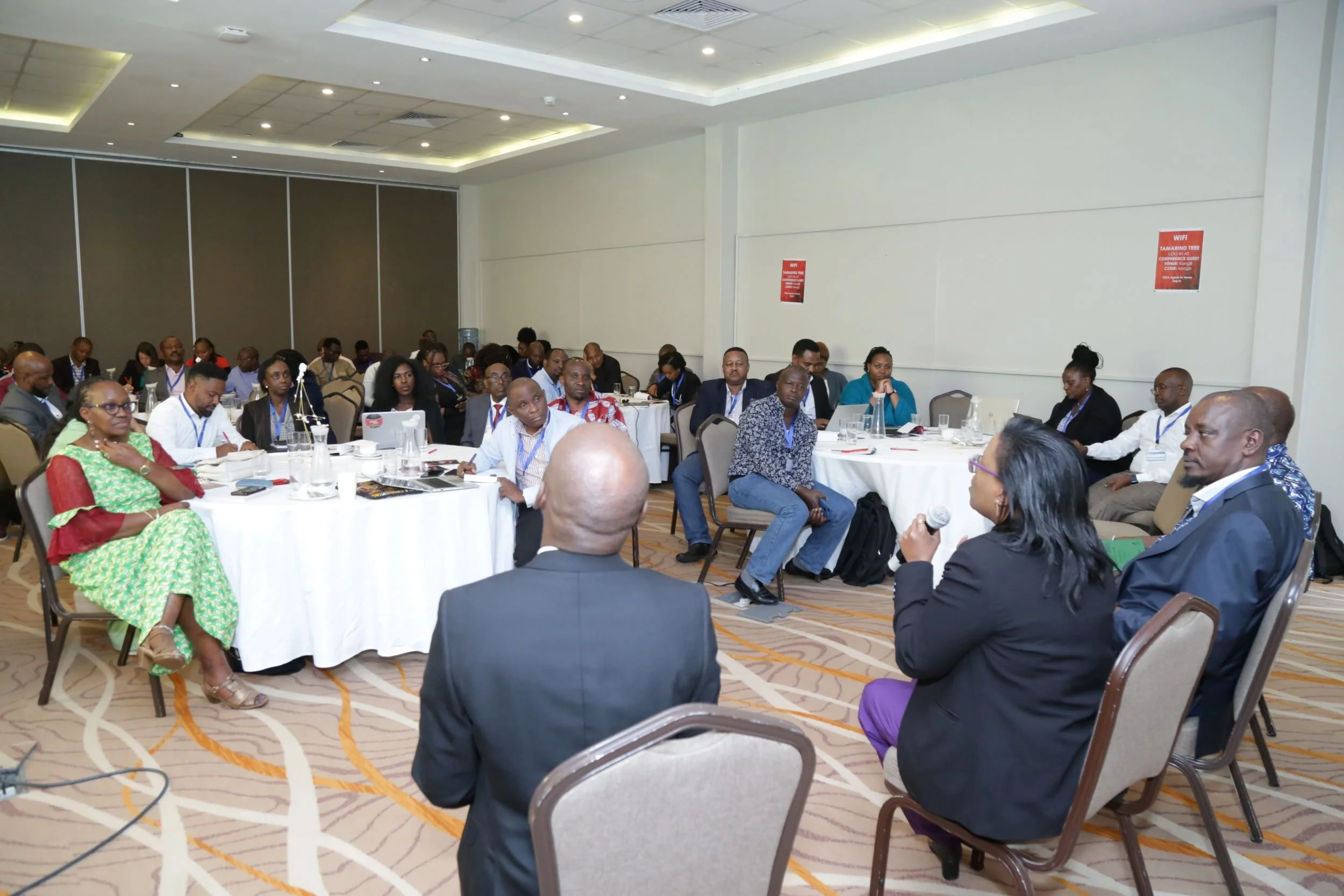The climate crisis is a health crisis fueled by an untenable status quo. It is threatening our food, water, and air, worsening disease and extreme weather, and putting our physical, mental, and social well-being at risk. While the threat of the climate crisis is universal, the speed and severity of the impacts are not. Those who did the least to cause this emergency suffer the most as climate shocks push inequitable and fragile health systems past the breaking point.
COP28 United Arab Emirates Declaration on Climate and Health
On the occasion of the first Health Day at the 28th UN Climate Change Conference (COP28), they expressed their grave concerns about the negative impacts of climate change on health. We stress the importance of addressing the interactions between climate change and human health and well-being in the context of the UNFCCC and the Paris Agreement as the primary international, intergovernmental fora for the global response to climate change.
A Position Statement on Climate Change and Health for COP28
We, The Youth Cafe, recognise the urgency of addressing climate change, with Africa facing heightened vulnerability to its devastating impacts. The latest findings from the IPCC’s Special Report on Global Warming reveal that our planet is now 1.1 degrees Celsius warmer than pre-industrial levels, with projections indicating a potential 1.5-degree threshold as early as 2040. Disturbingly, each successive decade since 1850 has been more generous than the last. The escalating temperature trend driven by human-induced greenhouse emissions threatens health, food security, and economic stability. According to the World Health Organization (WHO), approximately 250,000 deaths per year may be directly linked to climate change-related issues such as heat stress, malnutrition, vector-borne diseases and water-borne diseases.
Climate Adaptation And Low Carbon Housing | Using Technology To Solve Today’s Most Pressing Problems
The United Nations define climate change as long-term changes in temperature and weather patterns. These changes could be caused by natural processes, like variations in the solar cycle. But since the 1800s, human activities—primarily the burning of fossil fuels like coal, oil, and gas—have been the primary cause of climate change.




